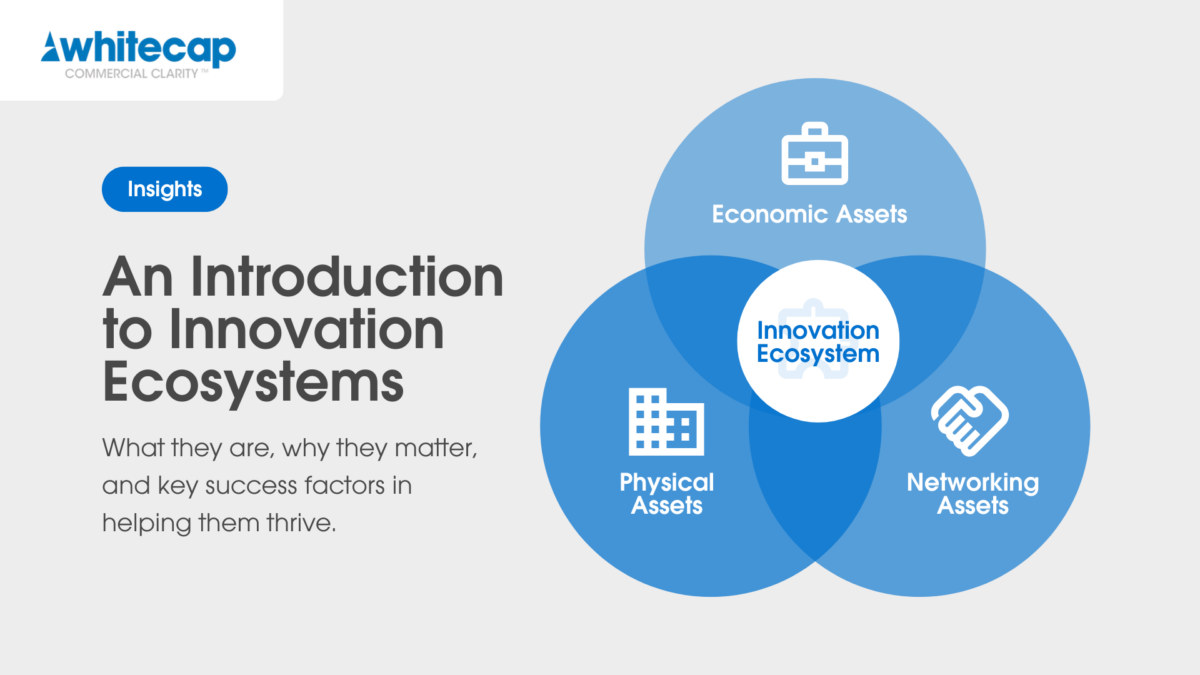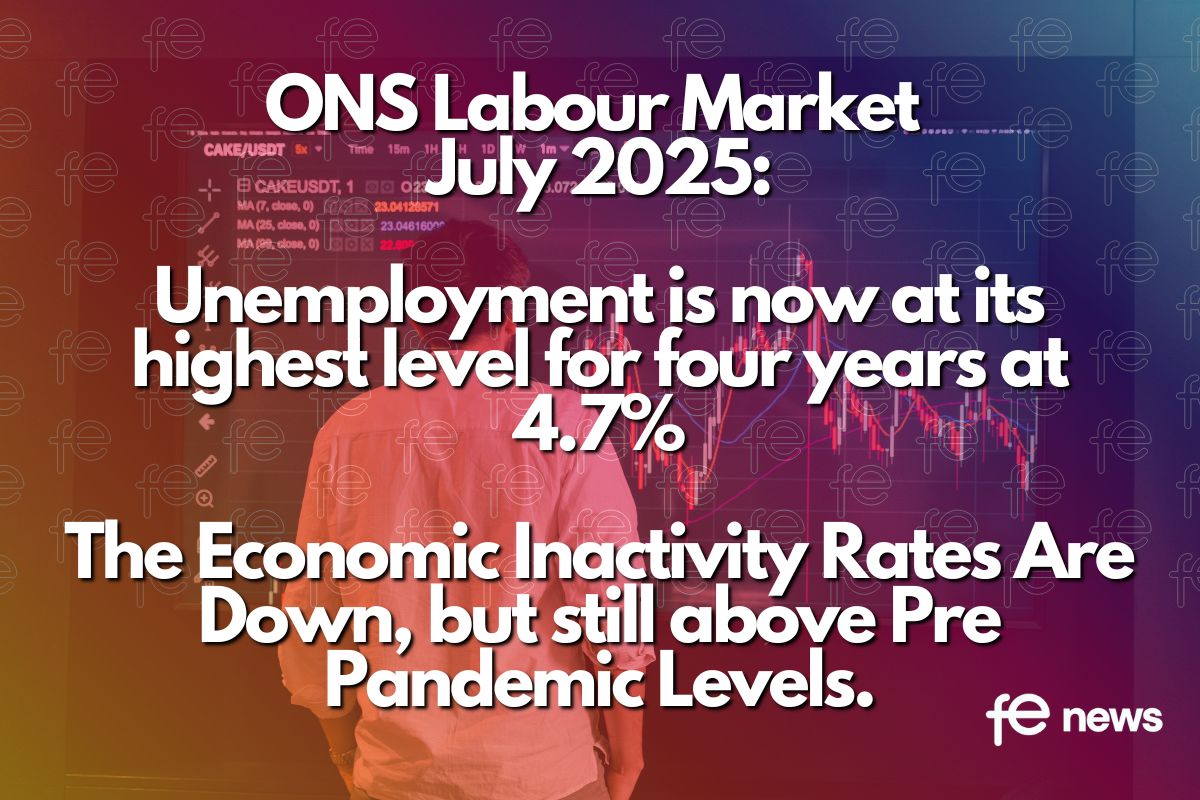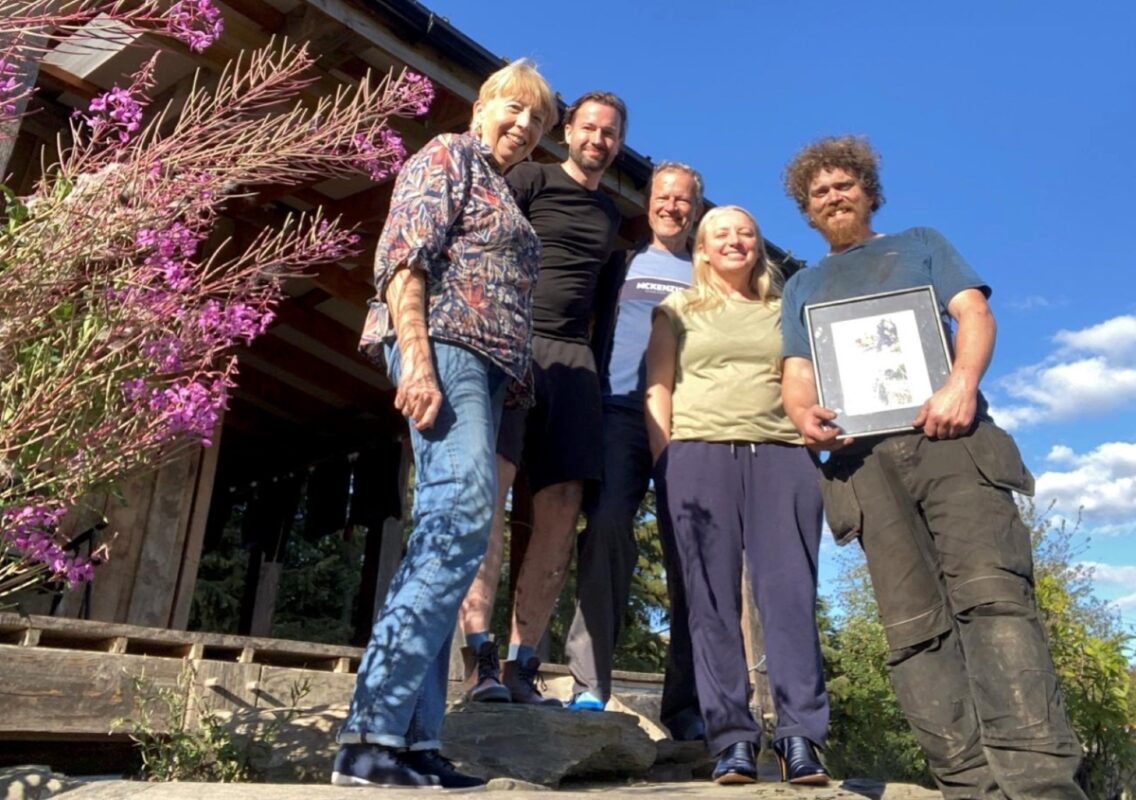Blue Monday now affecting half of the UK

#BlueMonday may only happen once a year, falling on the third Monday in January (Mon 17th in 2022), but research shows that Brits notoriously struggle with Mondays in general.
Acknowledging the weekend is coming to an end can inevitably cut the weekend feeling in half as worry about ‘returning to reality’ seeps in.
For many workers ‘Sunday anxiety’ is also an all-too-familiar feeling with the ‘Sunday blues’, driving many to call in sick. In fact, research reveals that twice as many people call in sick on a Monday compared to Fridays.
Christophe Peymirat, Head of Uber for Business EMEA
“With the festive season over but cold, short days still upon us, January’s Blue Monday is often referred to as the most depressing day of the year.
“With many employees currently working remotely, businesses will need to work even harder to keep staff engaged. Additionally, with many industry experts predicting the continuation of “The Great Resignation”, businesses need to act now to keep workers happy and motivated.”
“Whether it’s booking in ‘one to ones’ to focus on career progression, implementing better flexible, remote working opportunities, or workplace perks such as rewarding and gifting practices, businesses need multiple strings to their bow.
“In the new age of work, employees need to feel that they are truly valued members of the organisation, and this is especially true in the early portion of a new year, when many are looking for a new start. Businesses that fail to take action will likely see their talent move elsewhere and could also find it harder to attract new hires.
“For our remote sales kick-off this month, all our employees received vouchers they could use to order themselves meals while staying engaged online during the digital team event. Worked a treat!”
Joel Gujral, Founder and CEO, MYNDUP
“January is notoriously a really tough month for many employees, and Blue Monday is especially challenging. Short days, coupled with miserable weather and a long wait until payday. When combined, it’s a recipe for a mental health disaster.
“This year, with the pandemic still ongoing, many workers will be stuck inside, isolated from colleagues, only exacerbating the problem. Businesses therefore need to ensure they have the processes in place to keep employees’ mental wellbeing a priority.
“This means offering the right mental health services that go beyond Employee Assistance Programmes (EAP) or insurance. They need an offering that is proactive in its solutions, connects employees to a range of quality, anonymous support programmes, and ultimately has low barriers to entry.
“Evidence shows that over one in ten (12.7%) of all sickness absence days in the UK can be attributed to mental health conditions, while many businesses are still struggling to overcome historic attitudes to mental wellbeing. In 2022 businesses can usher in an era of change, putting in place the mental health support systems their colleagues need. And there can’t be many better opportunities to do this than during the January blues.”
Ivan Harding, CEO and Co-Founder, Applaud
“Blue Monday is commonly known as the most depressing day of the year. And this year it feels especially poignant with many workers required to work alone at home, as a result of ongoing pandemic measures.
“We’re already in a climate where many workers have itchy feet, and where a poor workplace experience could be the tipping point in making them leave their position. In some cases HR is hindering and not helping, for example, 90% of employees are losing between two and four hours a week on HR tasks. This is something which is having a negative impact on employees, as they are losing valuable time, adding more stress.
“Businesses need to provide an employee experience that ensures workers are engaged, happy and motivated. The form this takes will differ from business to business, but sitting at its centre should be a consolidated workforce experience layer, tailored to each individual employee. This personalised experience is something that 63% of businesses admit to not doing, which should be a wake-up call. Effective employee experiences need to contain a whole host of support functions, including regular manager check-ins, flexible working support, perks, benefits and rewards.”
20th Jan 2020: Between the realisation of having to go back to work post-Christmas and struggling with finances over the 5-6-week payday gap, just under half of adults (44%) confess to suffering with January Blues.
The most depressing day of the year, dubbed ‘Blue Monday’, falls on the 20th; and only 5% of Brits consider themselves happy during this time of the year.
However, most people usually give it two weeks before calling in sick on the first Monday of February, now affectionately known as “National Sickie Day”.
Whilst the UK patiently waits for next bank holiday weekend, Forest Holidays shares some insights into workforce mentality and self-care tips that will help Brits overcome their January Blues.
Perfecting a night-time routine
Brits are no strangers to new year resolutions and making one to get a better night’s sleep is a common one that many of us try to commit to at the beginning of the year. Only 13% of the UK adults maintain a normal bedtime schedule, despite being able to set reminders on phones and smartwatches, resulting in being irritable, prone to more accidents and feeling less-than sociable.
Although it takes the average person three days to get back into their normal sleep routine, especially after a holiday, January is the perfect time to develop a regular sleeping pattern; setting and sticking to a strict routine.
Fighting the urge to stay inside
Across the UK, 1 in 5 people have low vitamin D levels, which can be largely attributed to a lack of time spent outside. In fact, during the colder, wetter, months, the average person spends less than an hour a day outside – 52 minutes to be precise! This time is mostly moving between methods of transport during a commute.
Taking advantage of your annual leave
Over half of people are guilty of not using their annual leave. However, taking a day off work is a prime opportunity to rest and recharge your batteries, as well as spend time doing things that you enjoy or reconnect with loved ones. If you strategically book annual leave you can maximise holidays, for example with two bank holidays in April, if you book five days off work, you can enjoy an 11-day holiday.
Focusing on wellness
Prominent health & wellbeing trends that will we be seeing a lot more of
- Ecotherapy – One of the hottest buzzwords of the moment, that medical professionals have started to recognise (and in some cases even prescribe), ecotherapy can refer to any outdoor activity in nature.
- Forest Bathing – A Japanese mindfulness trend, known as shinrin-yoku, which involves getting away “bathing” or soaking up the natural atmosphere to calm and soothe your senses.
- Blue Mindfulness – This is focused on appreciating the planet’s water and engaging in more water-based activities such as swimming, sailing or surfing. It also allows people to make a conscious connection with the planet’s resources, potentially getting more involved with eco-initiatives.











Responses